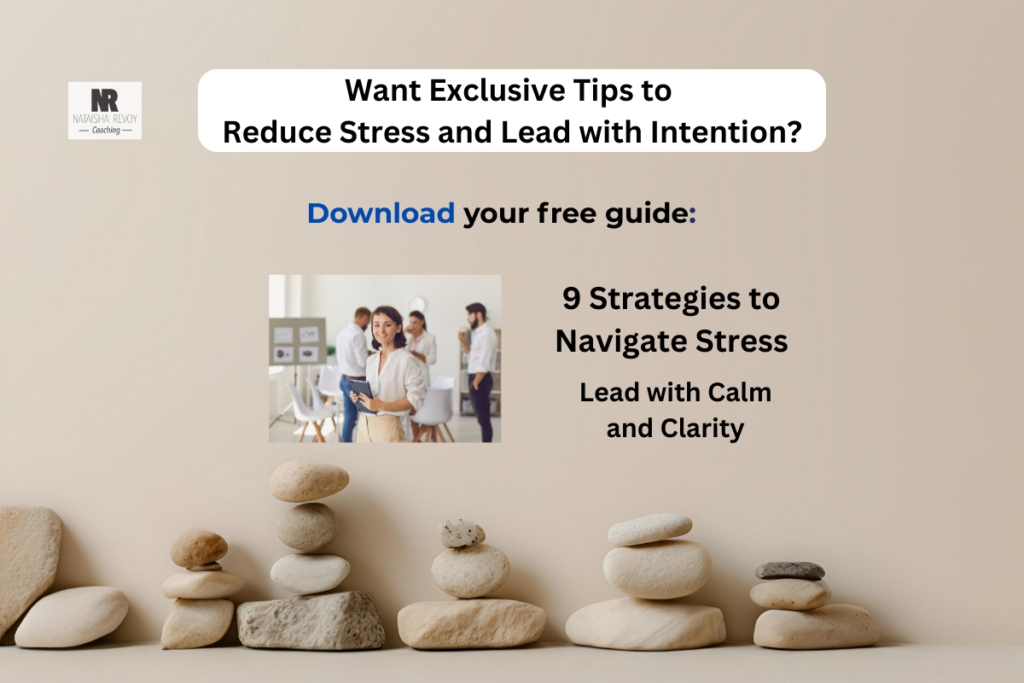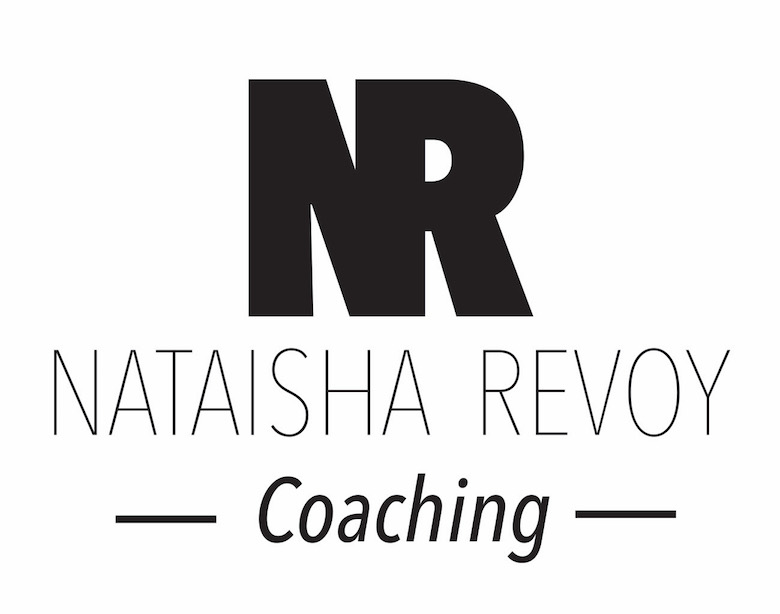Simplify your schedule, protect your energy, and focus on what truly matters with intentional planning.
Periods of high demands—whether in work, life, or personal transitions—can bring both excitement and stress. From juggling professional responsibilities to navigating personal priorities, it’s easy to lose sight of your well-being. However, with intentional planning, you can stay grounded, purposeful, and focused on what truly matters.
Why Mindfulness Matters During Busy Times
When we’re pulled in so many directions, mindfulness helps us focus on what truly matters. It’s not about doing everything but doing what aligns with your values. Mindfulness allows us to say “yes” to joy and fulfillment and “no” to overwhelm.
Why Do We Feel Stressed During High-Demand Seasons?
Stress isn’t limited to work. According to the National Institute of Mental Health (NIMH), stress arises when the demands of a situation exceed our ability to cope. This can happen in your professional life, at home, or during social events. Everyday actions, challenging conversations, or even sensory overload can trigger feelings of overwhelm.
During particularly busy or high-pressure seasons, these stressors often multiply. A study by the American Psychological Association (APA) found that 38% of people experience increased stress when navigating time management challenges, financial pressures, and social obligations.
The good news? With intentional planning, you can reduce stress and reclaim your sense of balance.
3 Steps to Start Your Values-Aligned Plan
- Prioritize Your Health and Well-Being First
Block time for activities that recharge you—like rest, exercise, or quiet reflection. - Focus on What Brings You Joy and Fulfillment
Schedule time for the people, projects, and activities that energize and fulfill you. - Time-Box Necessary but Less Enjoyable Tasks
Set clear time limits for obligations or interactions that might feel draining. Protect your energy by balancing “must-do” tasks with rewarding ones.
Bonus Tip: Simplify Your Approach to Reduce Overwhelm
Simplifying specific areas of life, such as decision-making or prioritization, can help reduce stress. A few ways to streamline your tasks include:
- Focusing on experiences over things: Choose shared moments or meaningful activities.
- Setting boundaries: Say “no” to non-essential commitments or simplify obligations where possible.
- Giving personal yet simple gestures: For example, express gratitude through a handwritten note or quick call.

How One Leader Reclaimed Her Balance and Joy
One of my clients, a driven and people-focused leader, came to me feeling overwhelmed by the pressures of balancing work and personal commitments during a particularly demanding period. She often said “yes” to every invitation and responsibility, leaving little room for rest or personal joy.
Together, we identified the experiences that mattered most to her and set boundaries for the less fulfilling tasks. By creating a mindful plan, she not only reduced her stress but also found time to reconnect with what truly mattered to her.

Choose You—Your Values, Well-Being, and Fulfillment
Times of high demands are opportunities to align your actions with your values, protect your energy, and prioritize what matters most. By creating a mindful plan, you can navigate busy periods with intention, balance, and clarity.

Take the Next Step
If you’re ready to take this work deeper, I’d love to support you. Together, we can create a plan that ensures you reduce stress, stay grounded, and make room for what truly fulfills you.
👉 Download your free guide: Lead with Calm and Clarity: 9 Strategies to Navigate Stress


